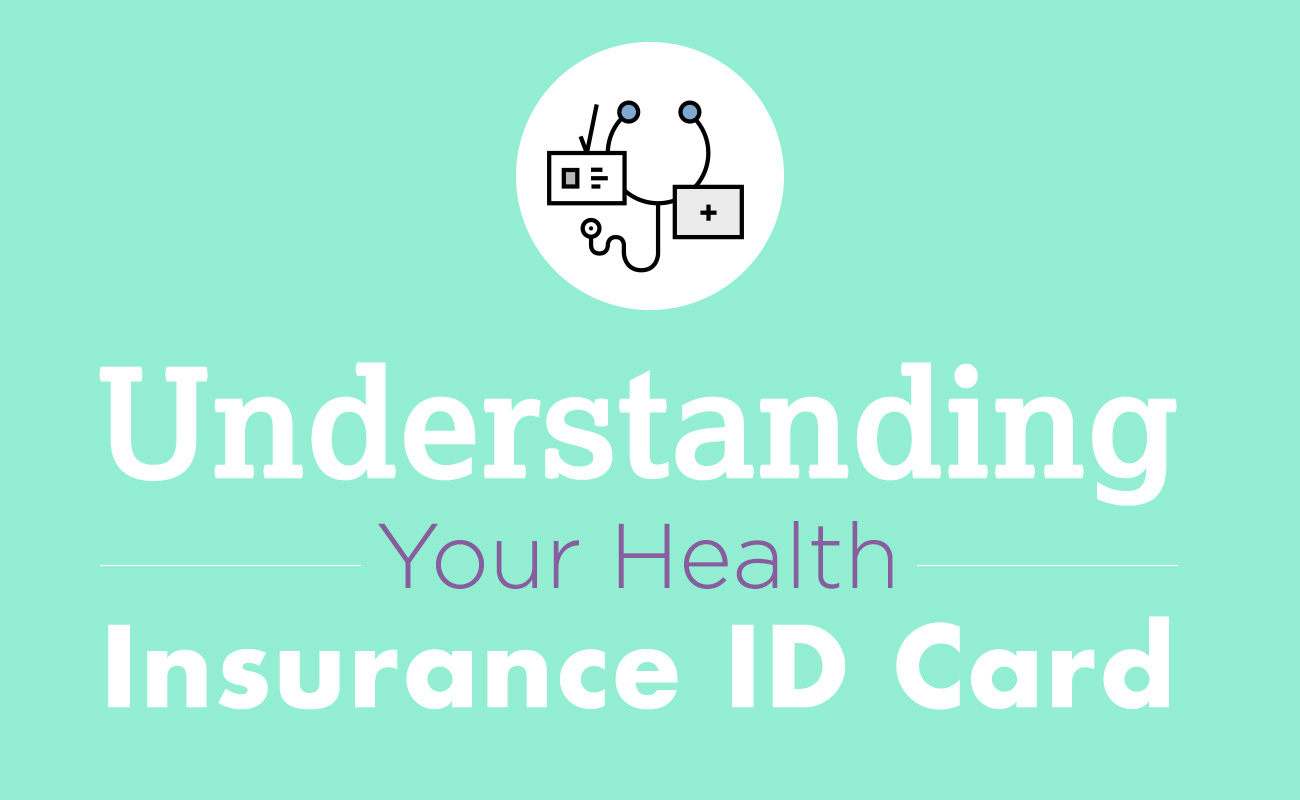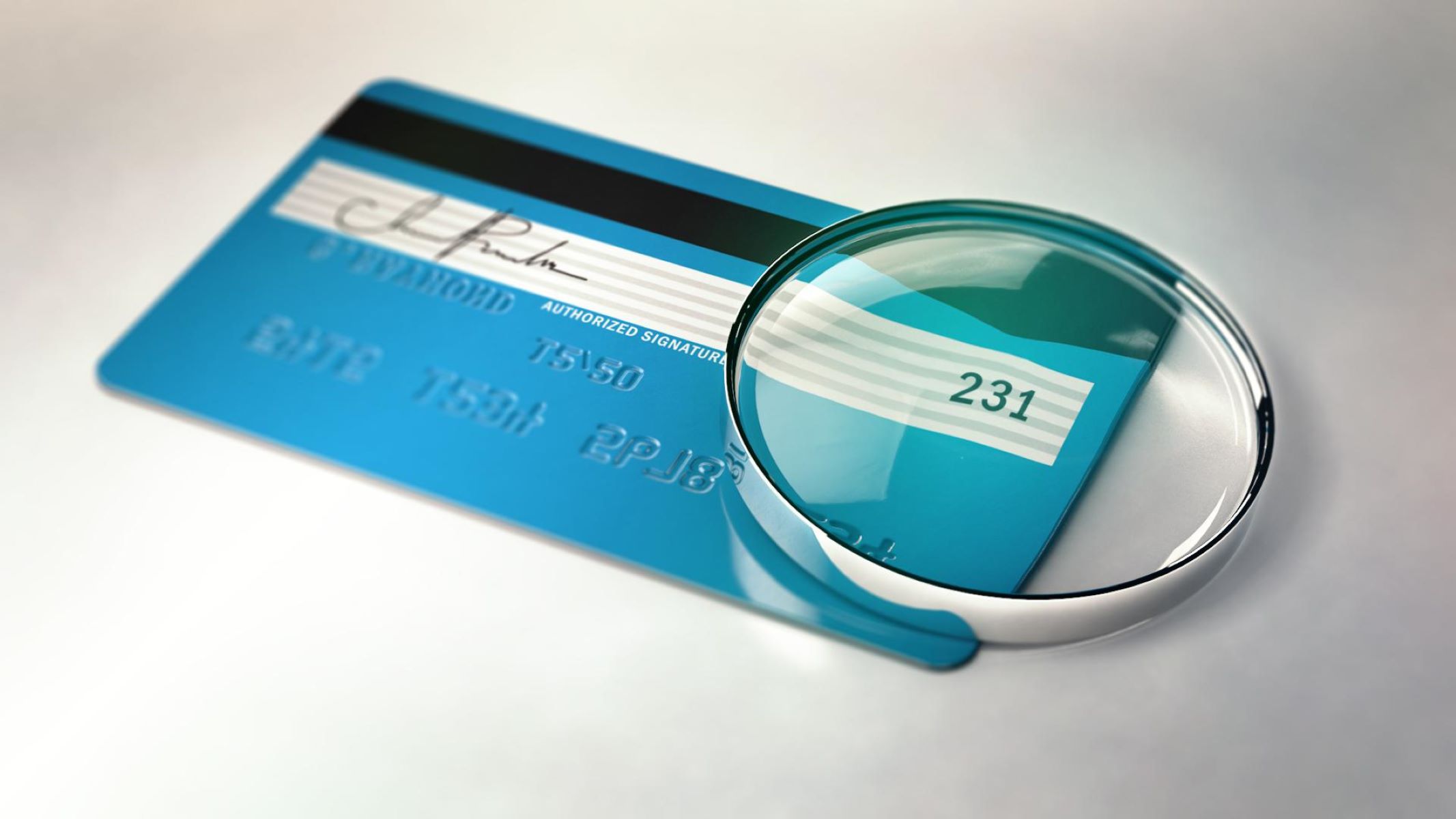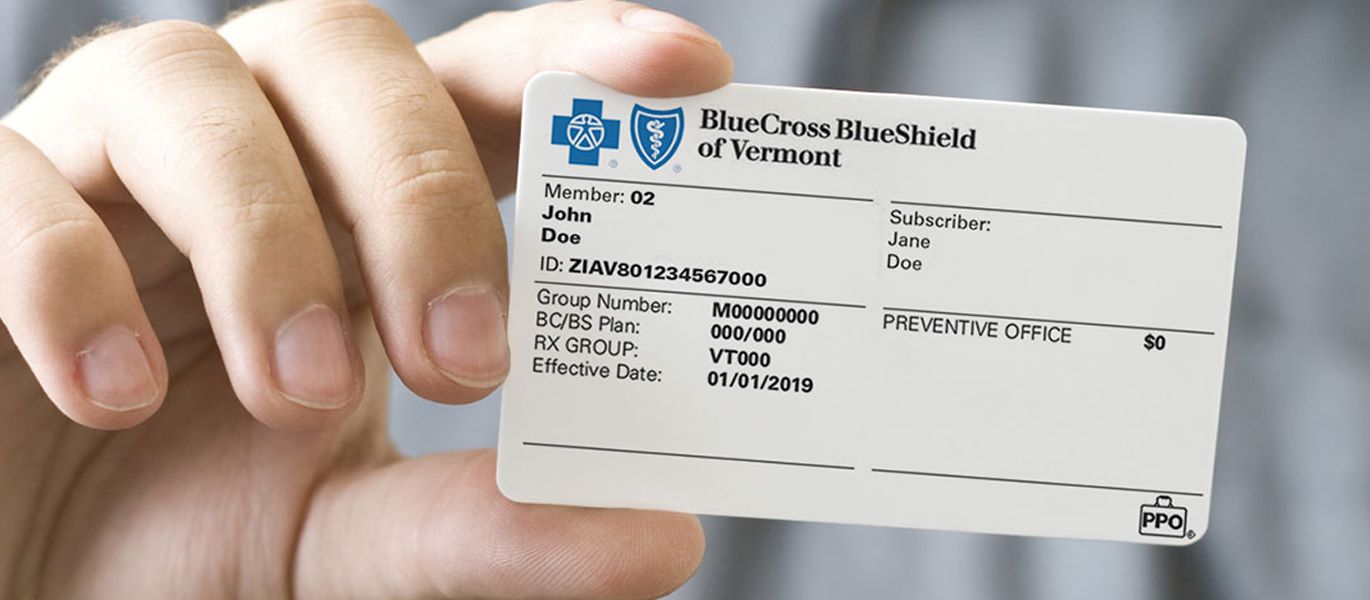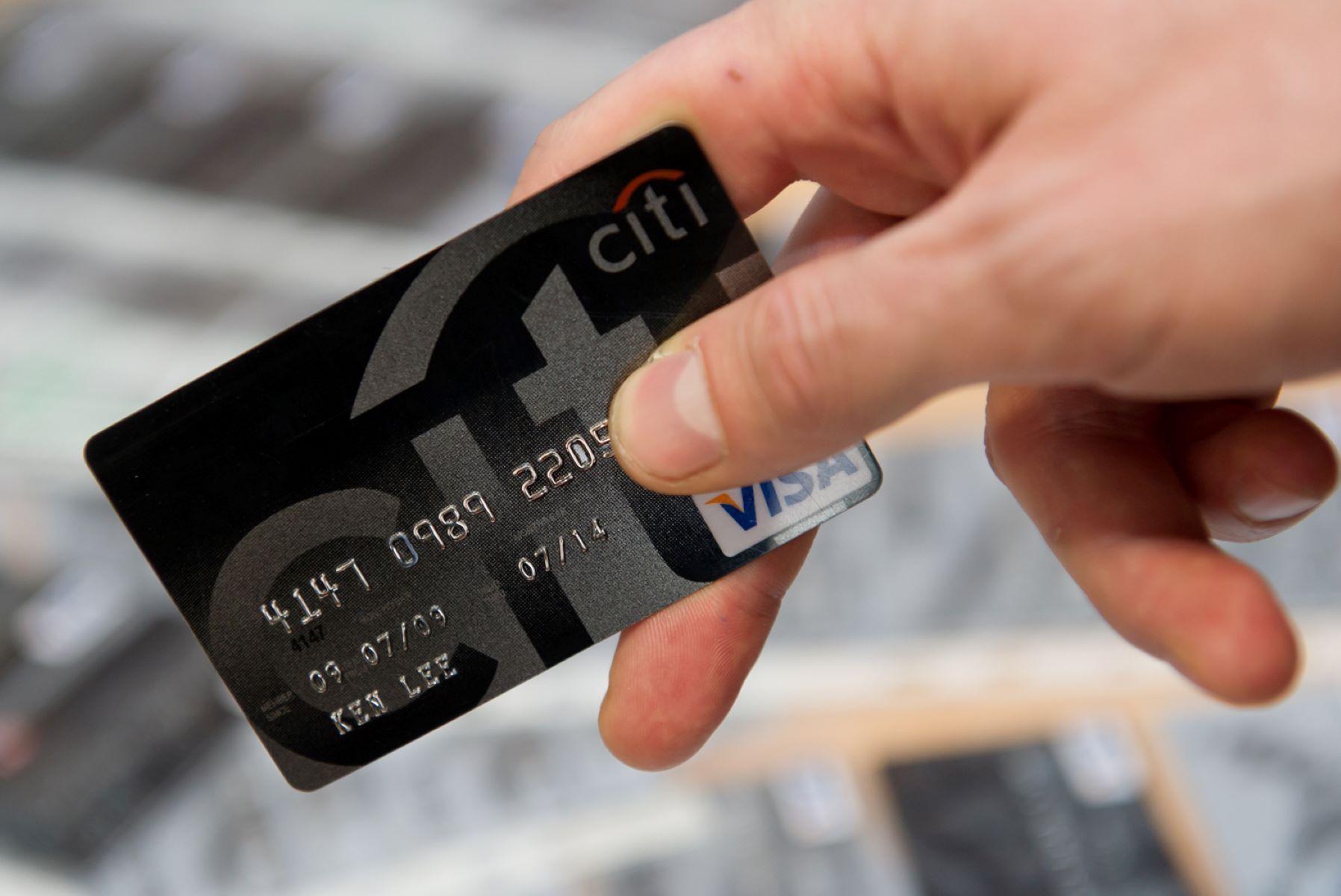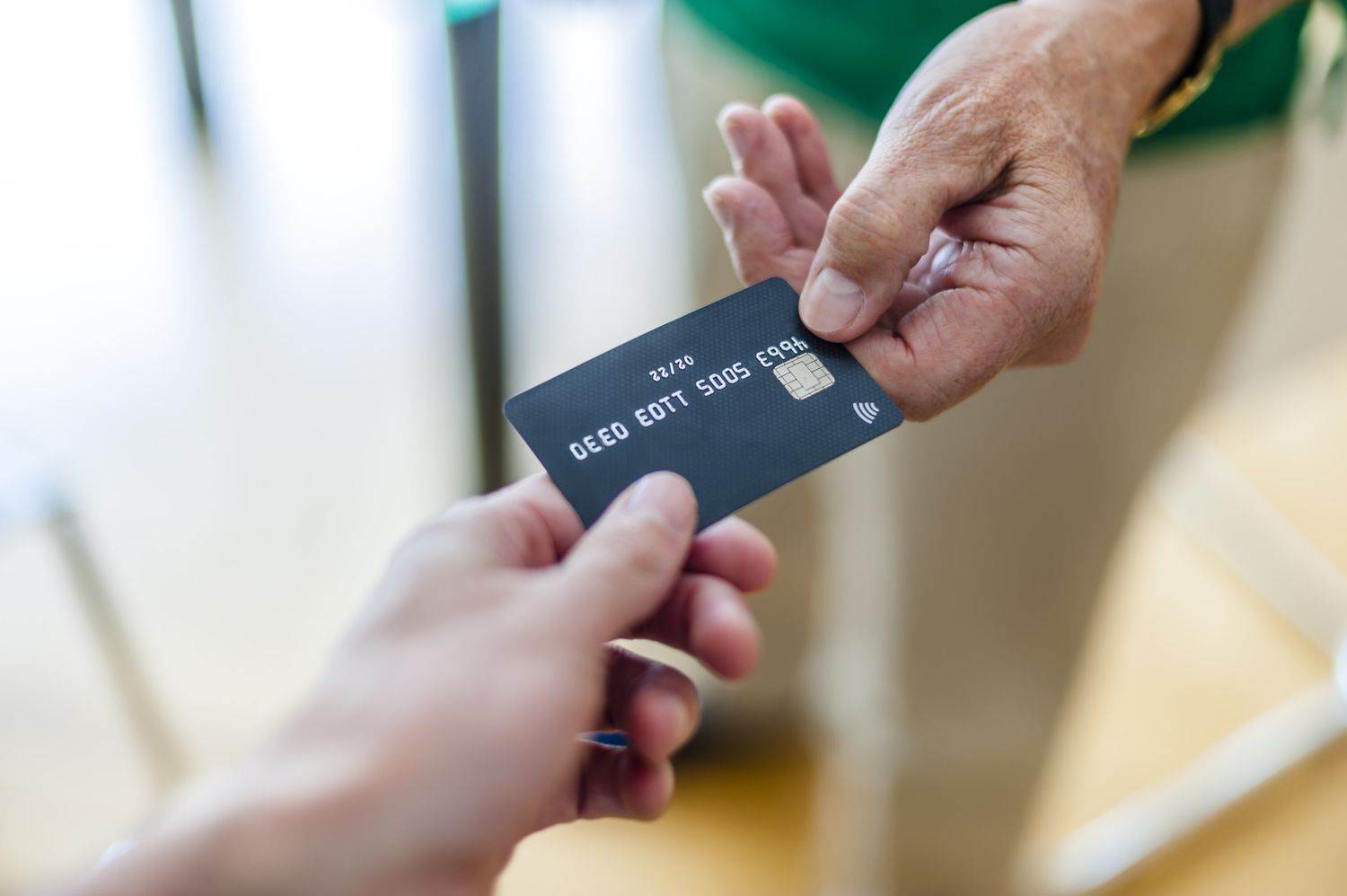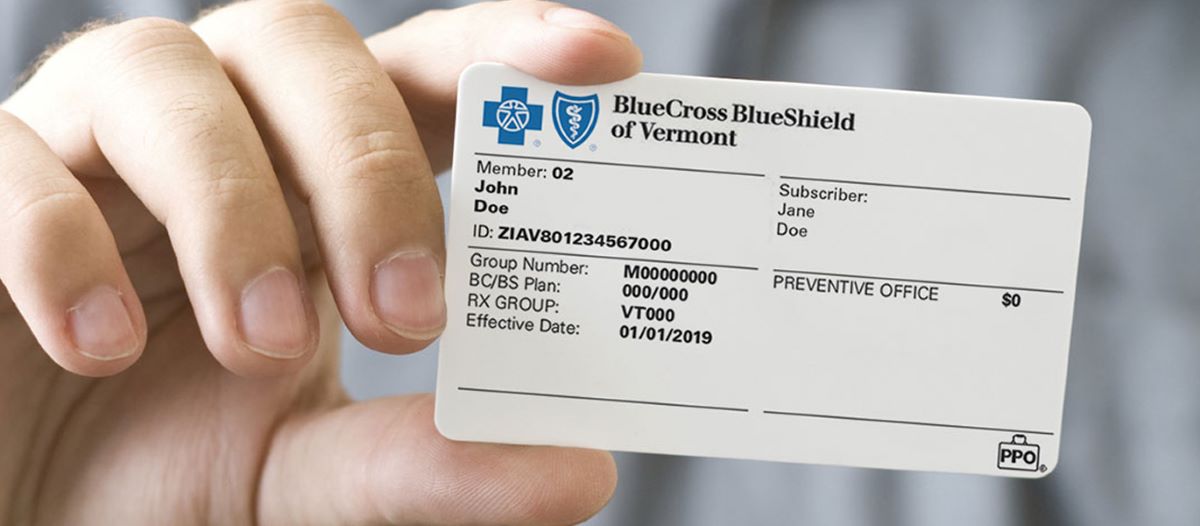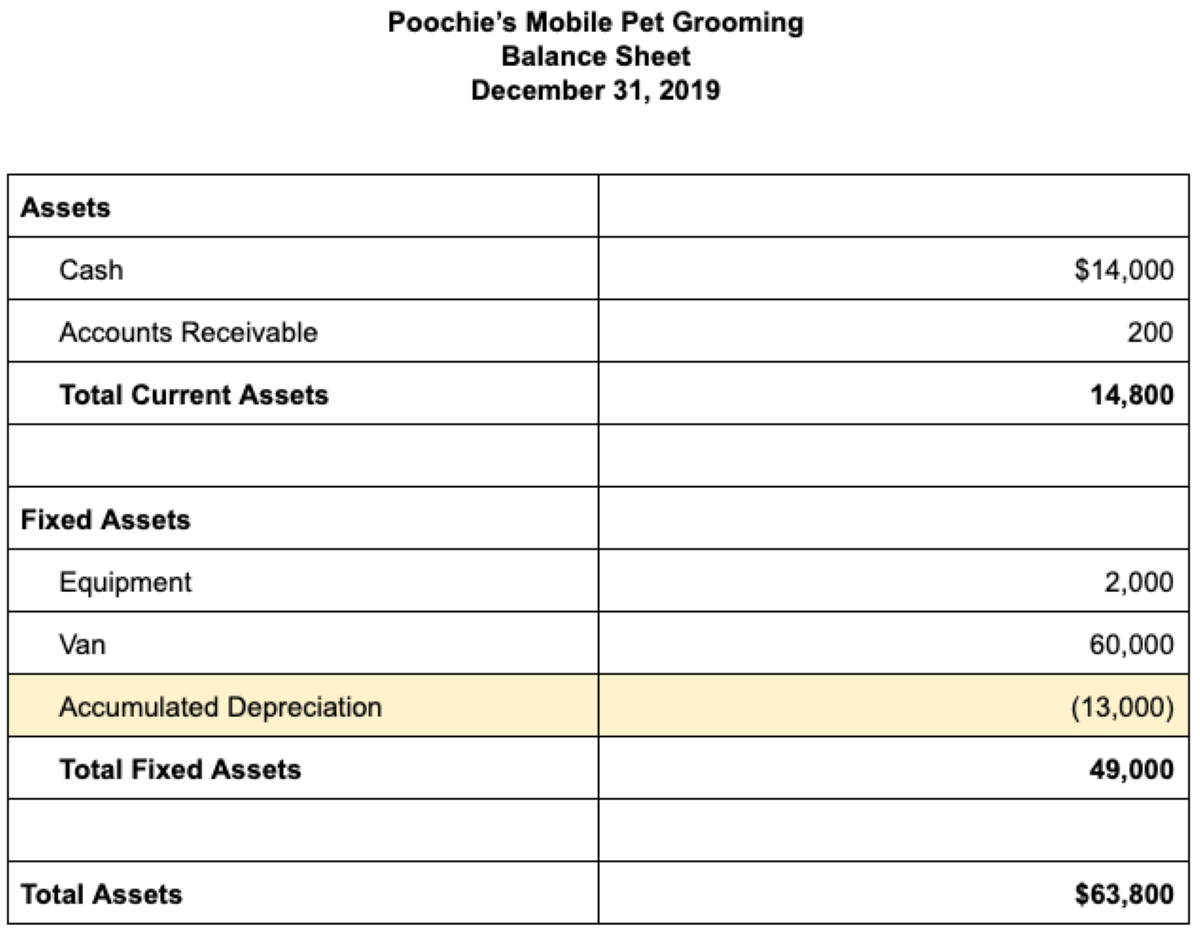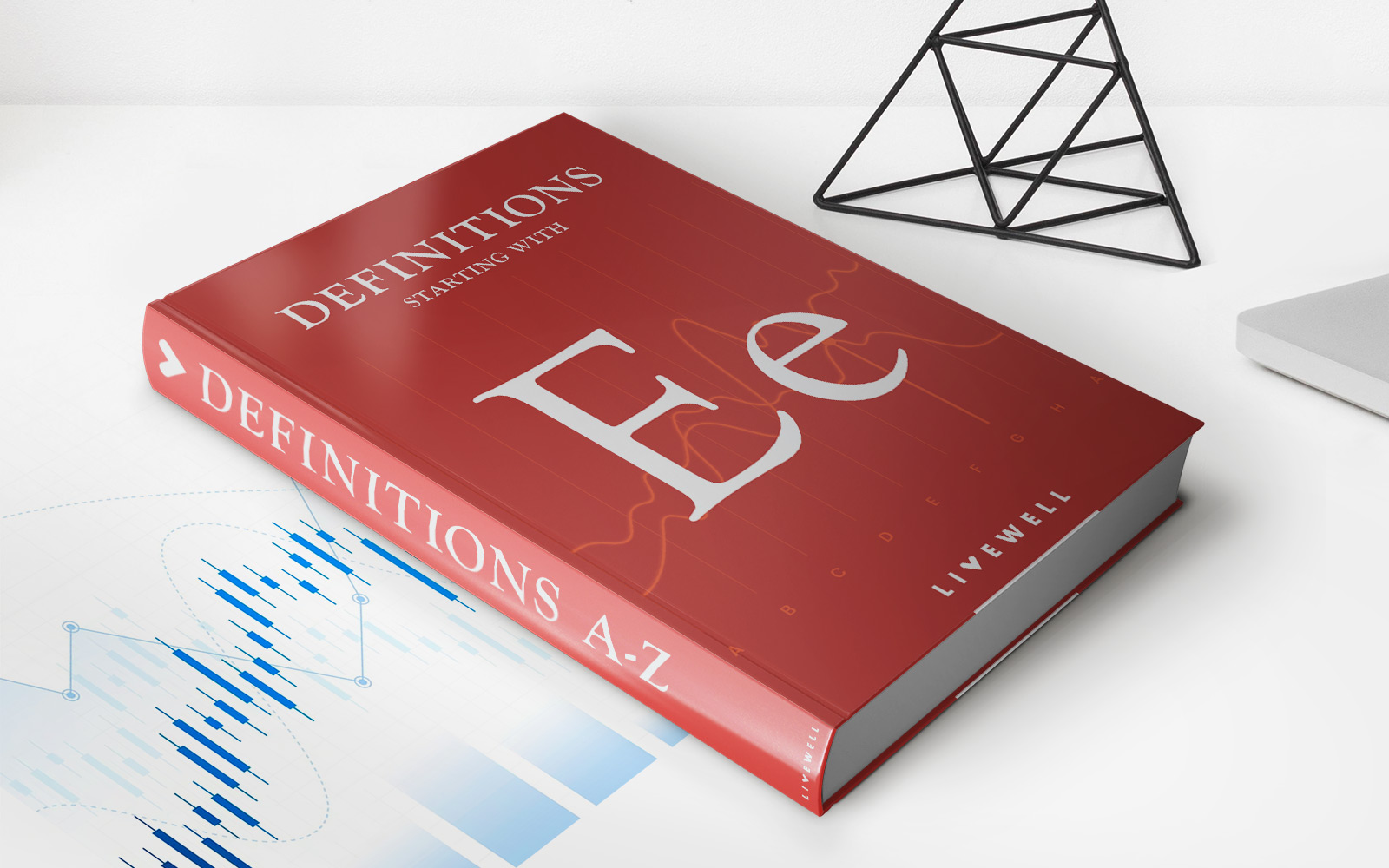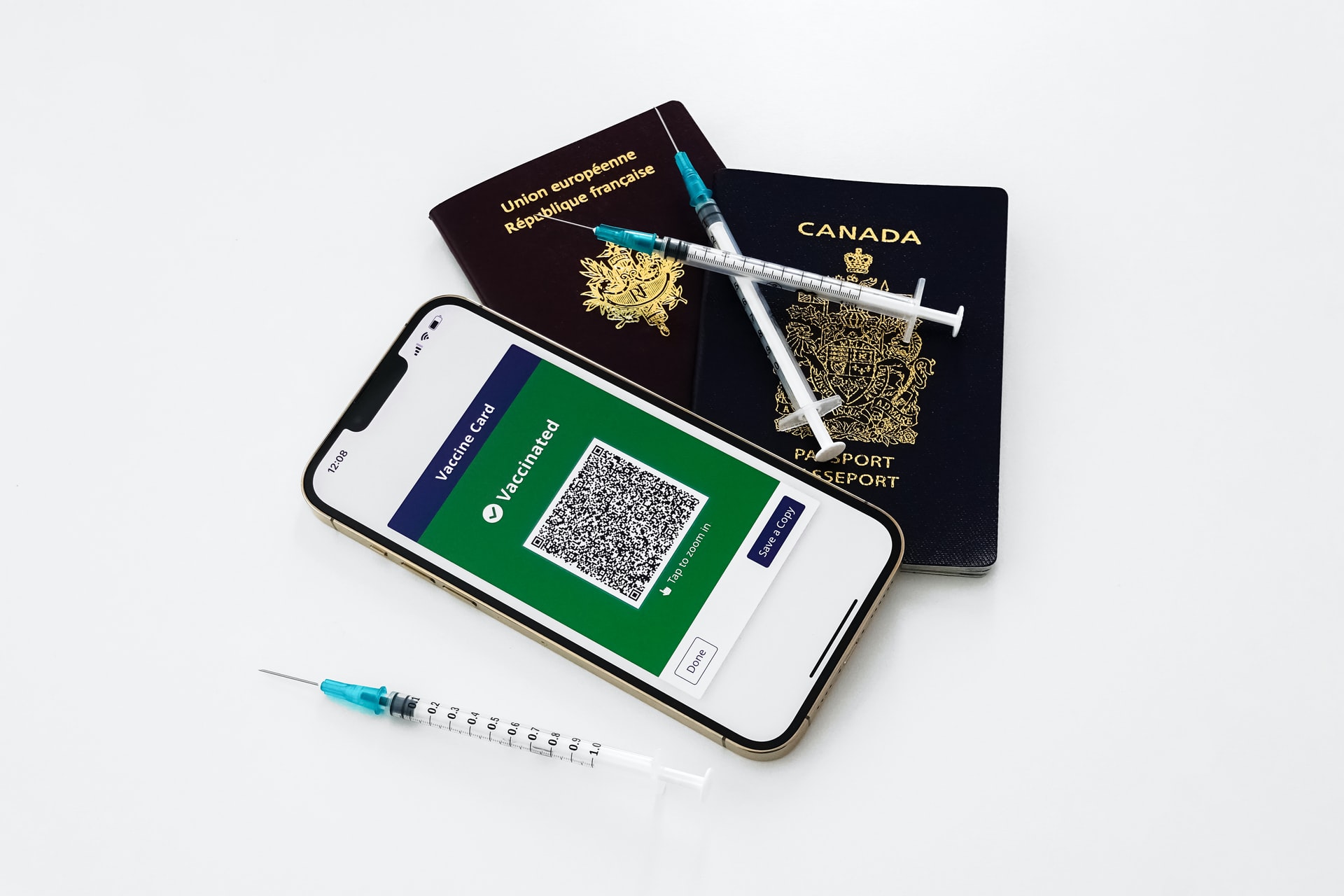

Finance
What Is PCN Number On An Insurance Card?
Published: November 17, 2023
Learn about the PCN number on an insurance card and its significance in the world of finance. Understand how this unique identifier plays a crucial role in managing insurance policies and claims.
(Many of the links in this article redirect to a specific reviewed product. Your purchase of these products through affiliate links helps to generate commission for LiveWell, at no extra cost. Learn more)
Table of Contents
Introduction
When it comes to navigating the complex world of insurance, understanding the various numbers and codes that appear on an insurance card can be daunting. One such number that you may come across is the PCN number. But what is a PCN number, and why is it important?
A PCN number, which stands for Pharmacy Benefit Manager Control Number, is a unique identifier assigned to a specific pharmacy benefit manager. This number helps facilitate the claims processing and pricing of prescription medications. Essentially, it acts as a reference code that ensures a smooth flow of information between the pharmacy, the pharmacy benefit manager (PBM), and the insurance company.
The PCN number plays a crucial role in streamlining the prescription drug coverage process and ensuring that individuals receive the benefits they are entitled to. It helps in verifying the correct formulary, determining co-pays, and processing claims accurately and efficiently.
In the following sections, we will delve deeper into the purpose of a PCN number on an insurance card, how to locate it, and why it holds significance for both healthcare providers and patients.
What is a PCN Number?
A PCN number, or Pharmacy Benefit Manager Control Number, is a unique identifier that is assigned to a pharmacy benefit manager. Pharmacy benefit managers are organizations that work with insurance companies to manage prescription drug benefits. They play a crucial role in facilitating the delivery of prescription medications to insured individuals.
The PCN number serves as a reference code that helps in efficiently processing prescription claims, ensuring accurate pricing, and verifying the appropriate formulary for the prescribed medication. It acts as a vital link between the pharmacy, the pharmacy benefit manager (PBM), and the insurance company.
Each pharmacy benefit manager is assigned a specific PCN number, which is then included on the insurance card provided to the insured. This number allows the pharmacy to accurately invoice the prescription medication and ensures that the claim is processed correctly by the PBM and insurance company.
One important thing to note is that the PCN number may vary depending on the insurance plan or pharmacy benefit manager. Different insurance providers may work with different PBMs, and each PBM may have its own unique PCN number. Therefore, it is not uncommon for individuals to have different PCN numbers if they have separate insurance plans or use different pharmacies.
Essentially, the PCN number serves as a crucial part of the infrastructure that enables individuals to access the prescription drugs they need. It helps ensure that the appropriate coverage and reimbursement are applied and that the medications are dispensed smoothly and efficiently.
Purpose of a PCN Number on an Insurance Card
The PCN number on an insurance card serves several important purposes that benefit both healthcare providers and patients. Let’s take a closer look at the key functions of a PCN number:
- Claims Processing: One of the primary purposes of a PCN number is to facilitate the claims processing for prescription medications. When a patient presents their insurance card to a pharmacy, the PCN number on the card is transmitted along with the prescription details to the pharmacy benefit manager (PBM). The PBM uses the PCN number to authenticate the pharmacy’s eligibility and process the claim accurately.
- Formulary Verification: Insurance plans often have a formulary, which is a list of approved medications and their associated costs. The PCN number helps in verifying the correct formulary for the specific insurance plan, ensuring that the prescribed medication is covered and that any co-payments or deductibles are correctly applied.
- Pricing and Reimbursement: The PCN number is used by the pharmacy benefit manager to determine the appropriate pricing and reimbursement for the prescription medication. It helps in applying the negotiated rates between the PBM and the pharmacy and ensures that the pharmacy is reimbursed correctly for their services.
- Coordination of Benefits: In cases where a patient has multiple insurance plans, the PCN number helps in coordinating the benefits between the primary and secondary insurers. It assists in determining which insurance plan should be billed first and streamlines the claims process to avoid any delays or conflicts.
- Network Identification: The PCN number also helps in identifying which network or pharmacy contracting network the prescription should be processed under. Different PCN numbers may be associated with different networks, allowing the pharmacy to accurately route the claim to the correct network for processing.
Overall, the PCN number plays a crucial role in ensuring efficient communication and coordination between the pharmacy, the pharmacy benefit manager, and the insurance company. It helps streamline the claims process, verify formulary coverage, determine pricing and reimbursement, and coordinate benefits in cases of multiple insurers. By leveraging the PCN number, healthcare providers can accurately process prescription claims, while patients can ensure they receive the correct coverage and benefits for their medications.
How to Find the PCN Number on an Insurance Card
Finding the PCN number on your insurance card may vary depending on the insurance provider and the format of the card itself. Here are a few common ways to locate the PCN number:
- Check the Front or Back of the Card: Start by examining the front and back of your insurance card. Look for any numbers, codes, or labels that are labeled as “PCN” or “Pharmacy Benefit Manager Control Number.” Typically, it is displayed alongside other important information, such as your member ID, group number, or BIN (Bank Identification Number).
- Contact Your Insurance Provider: If you cannot locate the PCN number on your insurance card, the next best option is to reach out to your insurance provider directly. They can provide you with the necessary information, including the PCN number, over the phone or through their online member portal.
- Visit the Insurance Provider’s Website: Many insurance providers have online member portals or websites where you can access your insurance information. Log in to your account and navigate to the section that displays your benefit details. Look for any information related to your prescription drug coverage or pharmacy benefit manager. The PCN number may be listed there.
- Speak with your Pharmacy: If you are still unable to locate the PCN number, consider visiting or calling your preferred pharmacy. The pharmacy staff is well-versed in the insurance billing process and may be able to assist you in finding the PCN number on your insurance card.
It’s important to note that the PCN number may vary depending on your insurance plan or even the specific prescription medication being filled. Therefore, it is advisable to ensure that you have the most up-to-date PCN number for each prescription you intend to fill.
Remember, the PCN number is a critical piece of information that ensures accurate claims processing and proper reimbursement for your prescription medications. If you have any difficulties locating it, do not hesitate to contact your insurance provider for assistance.
Why is the PCN Number Important?
The PCN number on an insurance card holds significant importance for both healthcare providers and patients. Let’s explore why the PCN number is considered a crucial piece of information:
- Accurate Claims Processing: The PCN number ensures that prescription claims are processed accurately and efficiently. It serves as a unique identifier that helps the pharmacy benefit manager (PBM) verify the pharmacy’s eligibility to dispense the medication and helps in determining the correct coverage and payment details.
- Formulary Verification: Insurance plans often have formularies, which are lists of approved medications and their associated costs. The PCN number plays a vital role in verifying the appropriate formulary for the specific insurance plan. This helps ensure that the prescribed medication is covered by the insurance, reducing the possibility of unexpected out-of-pocket expenses.
- Cost Control: By utilizing the PCN number, insurance companies and pharmacy benefit managers can implement cost-control measures. This may include negotiating lower drug prices with pharmacies, establishing preferred networks, or implementing utilization management strategies to optimize medication use and minimize costs.
- Coordination of Benefits: In cases where individuals have multiple insurance plans or are covered by both primary and secondary insurers, the PCN number ensures proper coordination of benefits. It helps determine which insurance plan should be billed first and facilitates seamless communication between the primary and secondary insurers, reducing the possibility of claims denials or delays.
- Reduced Errors: The PCN number plays a vital role in reducing errors during the claims processing. It acts as a reference code that facilitates the accurate transmission of information between pharmacies, PBMs, and insurance companies. By ensuring the correct PCN number is used, the chances of claim rejections or billing errors are minimized.
- Efficient Pharmacy Network Usage: The PCN number helps identify the specific pharmacy network or contracting network associated with an insurance plan. This ensures that the prescription claim is routed to the appropriate network, making it easier for patients to access their medications and maximizing the benefits offered by their insurance plan.
Overall, the PCN number is important because it enables efficient claims processing, verifies formulary coverage, helps control costs, facilitates coordination of benefits, reduces errors, and ensures optimal usage of pharmacy networks. By leveraging the PCN number, healthcare providers can confidently process prescription claims, while patients can enjoy the benefits they are entitled to under their insurance plan.
Frequently Asked Questions (FAQs)
Here are some frequently asked questions about PCN numbers on insurance cards:
- What does PCN stand for?
- Where can I find the PCN number on my insurance card?
- Why is the PCN number important?
- Can the PCN number change?
- What should I do if I cannot find the PCN number on my insurance card?
- What if I have multiple insurance plans?
- Can the PCN number vary for different prescriptions?
PCN stands for Pharmacy Benefit Manager Control Number.
The PCN number is typically located on the front or back of your insurance card. It may be labeled as “PCN” or “Pharmacy Benefit Manager Control Number.”
The PCN number is important because it ensures accurate claims processing, verifies formulary coverage, helps control costs, facilitates coordination of benefits, reduces errors, and maximizes the benefits offered by a patient’s insurance plan.
Yes, the PCN number can change if a patient changes insurance plans or pharmacy benefit managers. It is important to have the most up-to-date PCN number for each prescription being filled.
If you cannot find the PCN number on your insurance card, contact your insurance provider directly. They can provide you with the necessary information or guide you on how to locate it.
If you have multiple insurance plans, the PCN number helps coordinate benefits between the primary and secondary insurers. Ensure that the correct PCN number is used for each prescription to avoid any billing or coverage issues.
Yes, the PCN number can vary depending on the specific insurance plan, pharmacy benefit manager, or prescribed medication. It is important to ensure that you have the correct PCN number for each prescription you intend to fill.
If you have any other questions or concerns about the PCN number on your insurance card, it is best to reach out to your insurance provider for clarification and assistance.
Conclusion
The PCN number on an insurance card plays a vital role in the efficient processing of prescription claims and the coordination of benefits between the pharmacy, pharmacy benefit manager (PBM), and insurance company. It serves as a unique identifier that ensures accurate pricing, formulary verification, and seamless communication throughout the claims process.
Understanding the importance of the PCN number can help healthcare providers and patients navigate the complexities of insurance coverage for prescription medications. By locating the PCN number on the insurance card and ensuring its accurate use, individuals can ensure their claims are processed correctly, minimize out-of-pocket expenses, and maximize the benefits provided by their insurance plan.
If you have any questions or concerns about the PCN number on your insurance card, it is always recommended to reach out to your insurance provider for assistance. They will be able to provide you with the necessary information and guide you through the claims process.
Remember, the PCN number is an essential piece of information that contributes to a smooth and efficient prescription drug coverage experience. By understanding its role and importance, you can ensure you make the most of your insurance benefits and receive the medications you need with ease.
